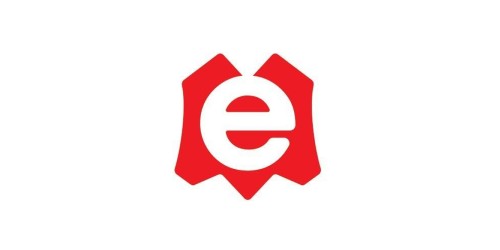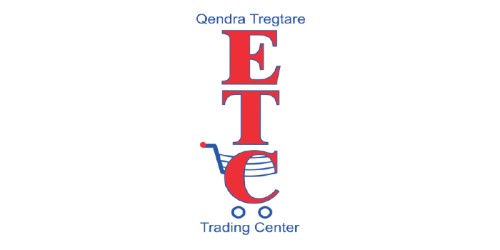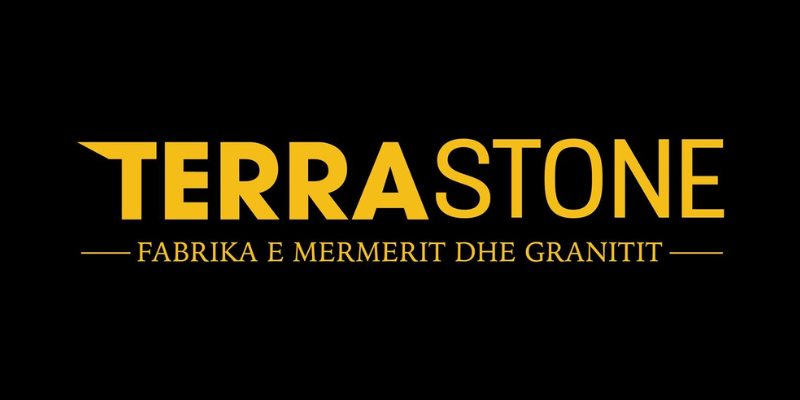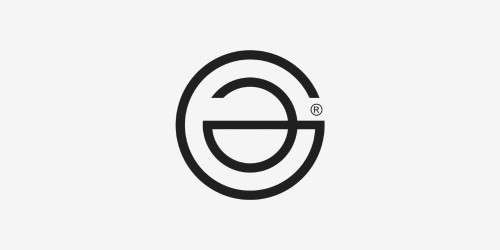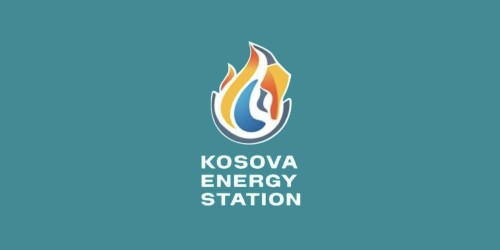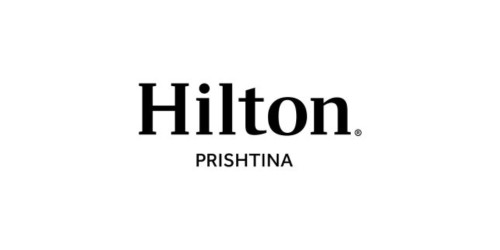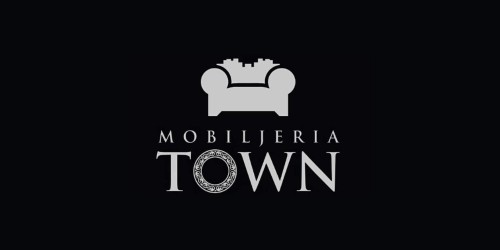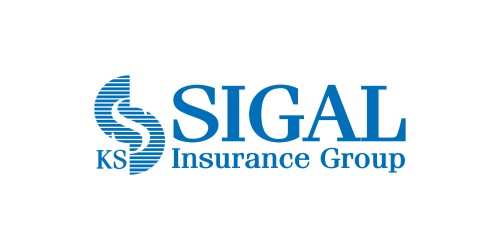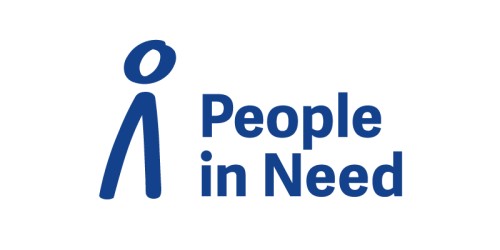
Terms of Reference (ToR)
Facilitator/Author for Gender-Sensitive Policy Briefs on the Circular Economy
Name of the project: Circular Economy for Green Transition (CE4GT)
Client: People In Need INGO
Funding: European Union
Background:
People in Need (PIN), in close cooperation with Let Us Do It Peja (LDIP), is implementing the "Circular Economy for Green Transition" project in Kosovo. The project commenced in February 2023 and is funded by the European Commission and internal funds from PIN.
This initiative leverages the combined experience and expertise of PIN and LDIP, utilizing their extensive networks within Kosovo's civil society, decision-makers, and private sector stakeholders.
Project Outputs:
Output 1:
The project aims to enhance civil society organizations' (CSOs) capacities to adopt circular economy principles. This includes fostering a mindset shift towards optimizing resource use, minimizing waste generation, and maximizing material recycling and reuse. Additionally, PIN will ensure that CSOs are better equipped to develop and implement strategic advocacy plans, enabling them to effectively promote the circular economy agenda within political and economic spheres.
Output 2:
The project seeks broad-based support by engaging CSOs and private sector representatives in an inclusive, informal network. This network will convene to agree on action plans and advance joint advocacy efforts through events that showcase circular economy initiatives. Furthermore, the development and dissemination of policy briefs will aim to influence policy reforms in the field of circular economy. The project will also promote social entrepreneurship and innovative circular economy initiatives.
Output 3:
The project focuses on raising awareness among citizens, particularly youth, to pressure authorities and the private sector to adopt win-win solutions. These solutions include new product designs that facilitate reuse and recycling and innovative product-service models that transform production and consumption practices.
Objectives:
This project aims to advance the circular economy through gender-sensitive approaches by developing policy briefs that will be communicated to policymakers, stakeholders, and the broader public. The project will utilize a gender-inclusive informal network comprising Civil Society Organizations (CSOs), social enterprises, and private sector representatives who have a vested interest in promoting a circular economy.
The primary objectives of this assignment are:
1. To guide the participants through all stages of the policy brief preparations and completion, including the follow-up steps and dissemination as specified below (it is expected that the participants will have proven knowledge on engaging with policymakers later)
- To draft two comprehensive policy briefs integrating gender perspectives into the circular economy framework and with participants' input.
- To report these policy briefs to the gender-inclusive informal network of CSOs, social enterprises, and private sector representatives.
- To facilitate roundtable discussions with key stakeholders, including representatives from governmental institutions, local authorities, parliamentary political parties, and the media.
- To ensure that the advocacy messages are effectively communicated and supported by targeted media engagement, fostering broad-based support for the proposed recommendations.
Scope of Work:
The Facilitator/Author will undertake the following tasks that will be presented to PIN in the detailed agenda before the event/workshop:
- Drafting Policy Briefs:
- Develop two detailed policy briefs focusing on gender-sensitive approaches within the circular economy, jointly with selected CSOs, representatives from the municipalities, and the private sector., incorporating inputs from previously implemented activities
- The policy briefs should address key challenges, opportunities, and actionable recommendations for integrating gender perspectives into circular economy policies and practices.
- Reporting to the Informal Network:
- Draft policy briefs and present them to the gender-inclusive informal network of CSOs, social enterprises, and private sector representatives.
- Engage the network in discussions to refine and finalize the policy briefs, ensuring that they reflect the collective insights and priorities of the network members.
- Facilitating Roundtables:
- Facilitate roundtable discussions with key stakeholders, including relevant governmental institutions, local authorities, parliamentary political parties, and media representatives.
- Use these roundtables to gather feedback, build consensus, and promote the adoption of the policy recommendations.
- Media Engagement:
- Collaborate with media editors and journalists interested in the circular economy to create media products and publish articles highlighting the advocacy process and the importance of gender-sensitive approaches.
- Ensure that the media coverage supports the broader advocacy goals and raises public awareness of the policy briefs' recommendations.
- Adaptive Strategy:
- Remain flexible and adaptive in the approach, allowing for adjustments to the advocacy plan, if necessary, to ensure that the set goals are achieved by the end of the project.
Methodology
Overview:
The methodology for this assignment focuses on engaging 15 selected representatives from Civil Society Organizations (CSOs), municipal authorities, and the private sector in a structured three-day workshop. The workshop aims to collect inputs, integrate recommendations from previously organized workshops, and incorporate guidance from the informal gender-inclusive network. The facilitator will use these inputs to refine and finalize the draft policy briefs.
1. Preparation Phase:
- Selection of Participants:
- Collaborate with the project team (PIN and LDIP), including the informal gender-inclusive network, to identify and invite 15 critical representatives from CSOs, municipal authorities, and the private sector with a vested interest in the circular economy and gender-sensitive policies.
- Review of Previous Workshops and Network Instructions:
- Gather and review recommendations and outcomes from previously organized workshops on the circular economy and gender inclusivity.
- Obtain and analyze instructions and insights provided by the informal gender-inclusive network.
- Drafting Initial Policy Briefs:
- Develop initial drafts of the policy briefs based on the reviewed materials and participants' contributions and align them with the project's objectives.
- Ensure that the drafts incorporate key gender-sensitive approaches and reflect the priorities of the circular economy stakeholders.
2. Workshop Implementation:
Day 1: Setting the Context and Reviewing Drafts
- Introduction and Objectives:
- Begin the workshop with an introduction to the overall project goals and specific objectives of the workshop.
- Present the draft policy briefs to the participants, highlighting the key issues, proposed solutions, and areas where input is needed.
- Review of Previous Recommendations:
- Recap the recommendations from previous workshops, ensuring that all participants are aware of the foundation laid by earlier discussions.
- Discuss the instructions from the informal gender-inclusive network to align expectations and focus areas.
- Feedback Session:
- Facilitate an open discussion where participants can provide initial feedback on the drafts, focusing on areas that require further development, clarification, or additional data.
Day 2: Collaborative Refinement
- Focused Group Discussions:
- Divide the participants into smaller groups based on their expertise (CSOs, municipal representatives, private sector) to discuss specific sections of the policy briefs.
- Each group will focus on refining recommendations, identifying potential implementation challenges, and proposing actionable steps.
- Plenary Session:
- Reconvene in a plenary session where each group presents their findings and suggestions for the policy briefs.
- Encourage cross-sectoral dialogue to integrate diverse perspectives and ensure a comprehensive approach to the policy recommendations.
- Integration of Inputs:
- The facilitator will summarize the key inputs from the discussions and propose integrated revisions to the policy briefs.
- Engage participants in a consensus-building process to finalize the recommendations and ensure the overall advocacy goals are aligned.
Day 3: Final Review and Consensus Building
- Final Draft Review:
- Present the revised policy briefs, incorporating the feedback and recommendations from Day 2.
- Facilitate a final review session where participants can provide any last comments or adjustments.
- Consensus Building:
- Lead a consensus-building discussion to ensure that all participants agree on the final content of the policy briefs.
- Address any outstanding issues or concerns to achieve a unified document that reflects the collective input.
- Next Steps:
- Outline the following steps, including how the finalized policy briefs will be utilized in the advocacy process with the identification of key stakeholders that the policy briefs.
- Discuss the roles of participants in promoting and disseminating the policy briefs to relevant stakeholders and the broader public.
3. Post-Workshop Phase:
- Finalization of Policy Briefs:
- After the workshop, the facilitator will finalize the policy briefs based on the consensus reached.
- Ensure the final documents are clear, actionable, and aligned with the project's gender-sensitive objectives.
- Distribution of Final Policy Briefs:
- Distribute the finalized policy briefs to all workshop participants, the informal gender-inclusive network, and other relevant stakeholders.
- Prepare a summary report of the workshop process, including key discussions, decisions, and final recommendations.
- Follow-Up:
- Plan for follow-up actions, including further engagement with media outlets, continued collaboration with the informal network, and monitoring the impact of the policy briefs on the circular economy and gender inclusivity policies.
Deliverables:
- Two finalized policy briefs integrating gender perspectives within the circular economy. (I would add here the priority list of whom to target – which would be a basis for the action plan for the dissemination related to point 3 that you have below). Here, we should then see the active role of our participants/CSOs/MSEs (all this will be measured under impact indicators 1 and 2, and precisely this action advocacy plan under output1 – 1.3 indicators.
- Reports on the discussions and outcomes of the roundtable meetings.
- Media coverage in the form of published articles or other media products that amplify the advocacy efforts.
- A final report summarizing the overall advocacy efforts, outcomes, and recommendations for future actions.
Timeline:
- Finalizing Policy Briefs: [30th October,2024]
- Roundtable Discussions: [November 2024 – February 2025]
- Media Engagement: [November 2024 – February 2025]
- Final Report: [15 March 2024]
Qualifications:
- Proven experience in policy analysis and drafting policy briefs, especially in gender-sensitive approaches and the circular economy.
- Strong communication and facilitation skills.
- Experience engaging with diverse stakeholders, including government officials, CSOs, and the media.
- Ability to write clear, concise, and impactful policy briefs.
Reporting:
The Facilitator/Author will report to the Project Manager and work closely with the gender-inclusive informal network and other key stakeholders to ensure the successful delivery of the project.
Interested candidates should send their CV and financial proposal specifying daily fee in
gross amount to: [email protected], latest by 11.09.2024 COB

-thumbnail.jpg)
